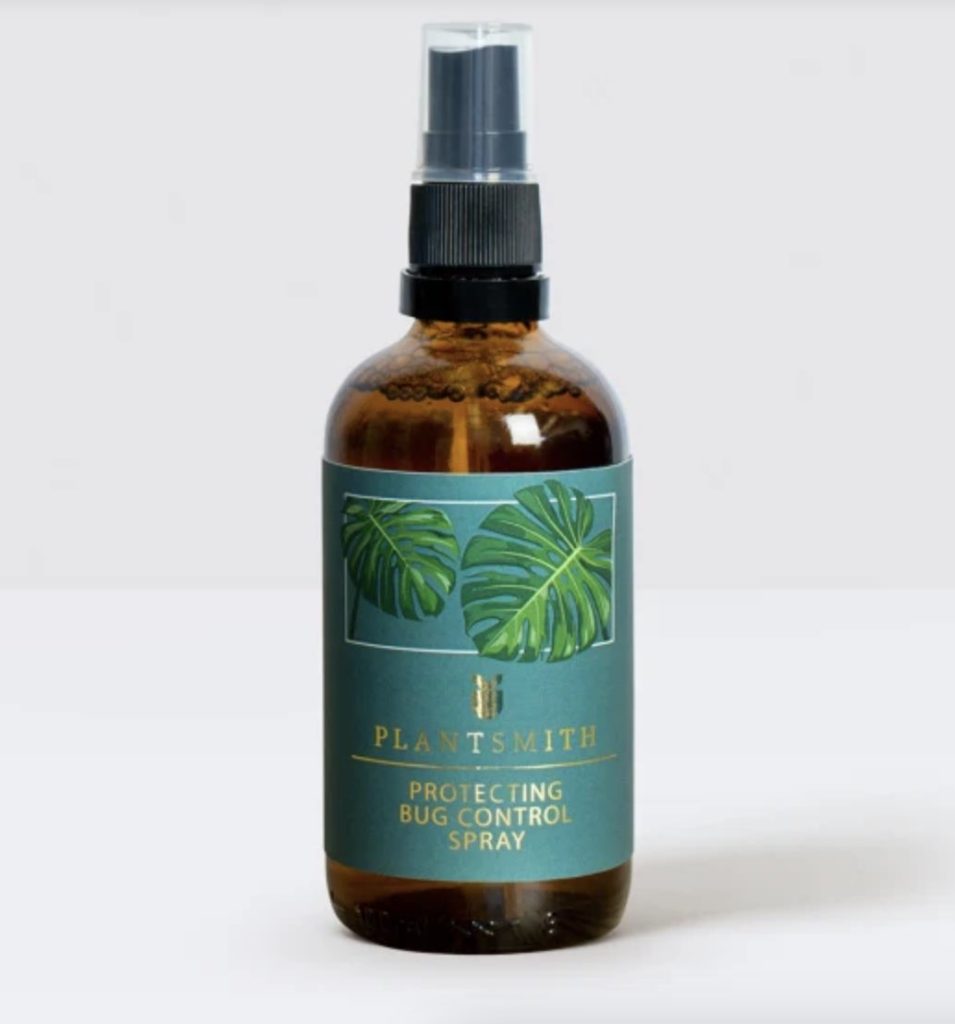Did you know that over a third of household injuries occur in gardens? Yes, your garden space might be the perfect haven for peace, calmness, serenity, and floral beauty, but some hazards or potential dangers may still lurk. It’s important to know what these potential dangers are and how to prevent or eliminate them if you want your garden to remain your sanctuary. The following are four common garden dangers you should be aware of.

Pesticides and fungicides
Too much exposure to garden pesticides and fungicides can be harmful to your health. How you use, store, or dispose of such chemicals will determine whether they become a hazard or not. For example, using too many pesticides in your garden can affect the food you grow, and you might end up ingesting traces of the chemicals when you eat from your garden produce. Also, these chemicals can cause serious irritation upon contact with your skin or eyes. There’s also the possibility of a fire hazard, as oxidizing agents like nitrate fertilizers can easily catch fire when stored too close to flammable objects. The same applies to chlorine-based swimming pool chemicals, and that leads to the next hazard. Try opting for natural and eco-friendly pest control to save your plants this year.
Pools and Ponds
Pools are always a wonderful addition to gardens, as they not only look great but also help to attract wildlife. But like any water body, pools and ponds can easily become safety hazards, especially to kids, if you fail to take the necessary protection steps. If your garden has a pool and you have little kids around, it’s best to fence the pool to prevent accidents like drowning. But it doesn’t end there; contaminations are also very common in pools, causing health and safety concerns. It’s advisable to clean your pool at least once every week. Better still, find a professional pool service to do the cleaning for you. Ponds are a great way to attract creatures great and small, here are a few more ways to increase biodiversity in your garden.

Insect Bites
Insects thrive in garden spaces, and while they improve gardens in many ways, they can also become health hazards, especially insects that bite. You can easily expose yourself to such insects when tilling the soil, pruning, and working around your garden in general. Some bites may seem harmless, but others (especially from ticks) can spread Lyme disease. You can prevent them by covering all exposed skin or using insect repellants. Don’t forget to wear a hat and tuck your trousers into your socks to leave no leg skin exposed. Also, double-check yourself before leaving the garden to make sure you don’t carry any insects into your home. Opt for a natural insect repellent like the Neals Yard Citronella Formula.
Lawn Mowers
The lawn mower is one of the most dangerous tools in the garden, responsible for a whopping 6,500 injuries, including some fatalities each year in the UK alone. Proper handling and storage are essential to preventing lawn mower accidents. Only experienced people should use and clean these machines, and do your best to keep them away from your kids. It’s also important to ensure that your lawnmower is unplugged when not in use.
Knowing the potential hazards in your garden can help you take the right preventive measures to ensure that you have a safe and relaxing space for you and the wildlife.




